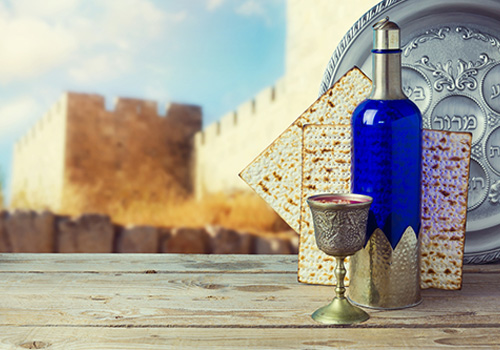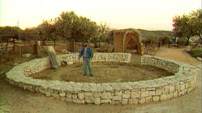Biblical Feasts & Shabbat
 A study of Numbers 10:10 reveals that God instituted the festivals and new month celebrations to serve as reminders of Him and our obligations to Him. As such Jewish celebrations serve as teaching aids for absorbing religious truths. The observance of the calendar events aids in this process and demonstrates that each day of our lives has tremendous significance before God. In addition, they can also serve to communicate God’s message to our children and friends.
A study of Numbers 10:10 reveals that God instituted the festivals and new month celebrations to serve as reminders of Him and our obligations to Him. As such Jewish celebrations serve as teaching aids for absorbing religious truths. The observance of the calendar events aids in this process and demonstrates that each day of our lives has tremendous significance before God. In addition, they can also serve to communicate God’s message to our children and friends.
Rabbi Samson Hirsch explained it well: “The catechism of the Jew consists of his calendar. On the pinions of time which bear us through life, God has inscribed the eternal words of his soul – inspiring doctrine, making days and weeks, months and years the heralds to proclaim his truths. Nothing would seem more fleeting than these heralds of time, but to them God has entrusted the care of his holy things, thereby rendering them more imperishable and more accessible than any mouth of priest, any monument, temple or altar could have done” (Judaism Eternal, Vol. 1, p. 3).
The B’rit Hadasha (New Testament) stresses that Yeshua (Jesus) fulfills the message of these calendar events, providing them with added significance. Hebrews (8:5; 10:1) speaks in terms of them being “Shadows of good things to come,” that is, they highlight the Messiah. Follow Neil and Jamie as they explain both the normative Jewish, and Messianic Jewish understandings of the seven feasts of the Lord (Leviticus 23), as well as the two extra Biblical feasts of Hanukkah and Purim, and of course the weekly Sabbath. You won’t want to miss it! ![]()









